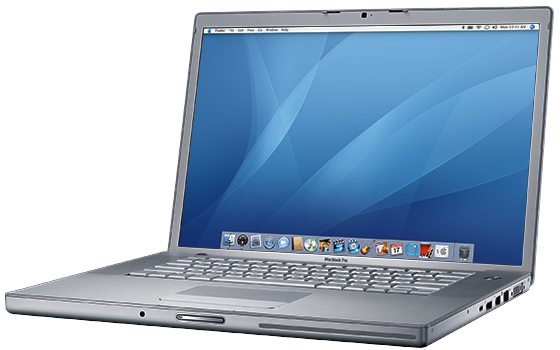*The following was originally published in the Vermilion Standard.
Jim Collins, in his book “Good to Great” about corporate success, makes the statement that the greatest enemy to great is settling for good. I want to take Collins’ comment into the context of marriage because I think it is very relevant for anyone who has been married for any length of time.
As a pastor, I am often involved in marriage counseling with people who are on the brink. Their marriages have been struggling for a while and once they get bad enough, they come, out of desperation, seeking counsel and help. I am not negating this practice. In fact, if you are in marriage turmoil, stop reading now and seek help. Counseling is confidential and it is not worth waiting one more minute hoping the pain, anger and the lack of communication will go away and mysteriously fix itself.
This article is intended for couples that have been doing “okay;” their marriages are good. If this is you, I would ask: Why settle for good when great is possible? Why spend multiple years with poor communication, awkward tension, and so on? Why, when great is possible?
I do premarital counseling for couples preparing for marriage and a huge part of what I do is demonstrate what counseling is and I tell all of them that if, in the future, their marriages become a six or seven out of ten (ten being “great”), to get some help making it an eight or a nine. People are often surprised that marriage counseling, especially when things are not at the brink, can be filled with laughter and understanding, teaching communication skills and simply making time for conversations that maybe are difficult in the midst of a busy life.
For the men: I want to give a special challenge to men who seem to avoid marriage counseling, books or videos like the plague. I want to encourage you with a male friendly illustration. If your truck had a deflated tire, what would you do? Would you drive it for weeks, months and years? What would happen if you did? It would get worse, eventually wearing down to the place where it would pop at the most unexpected time, all the while lowering your fuel economy and causing difficult driving. Your marriage is similar. Every once and a while you need to check your tires, and if they are deflated, get some help. Recognize that the price it will cost and the time it will take is more than worth it in the long run. There are lots of books, video and resources that are enjoyable and helpful. If you desire to go the counseling route, it is important to remember that counseling can be fun, relaxed and open, especially when you are just in for a tune up.
For the women: I want to help you understand your husband a little and his reluctance, at times, to seek help. A man’s pride is really important to him and to ask for help in a relationship is difficult. It means he has to admit he might need help (just as you need to admit it) but it is a little hard on the male ego. Also, in the context of counseling, guys have a tendency to think, wrongly, that counseling is just hours filled with sharing feelings and ending up with the counselor ganging up on him.
Is your marriage at the brink? If so, seek help immediately.
Is your marriage good but could be better, work on it! Read a book, watch a video or get some help via a counselor to make it great.
Is your marriage great? Consider sharing your wisdom with others and maybe even mentoring a younger couple with the important lessons you have learned along the way.
Whatever you do, don’t settle for a good marriage when a great marriage is possible.












